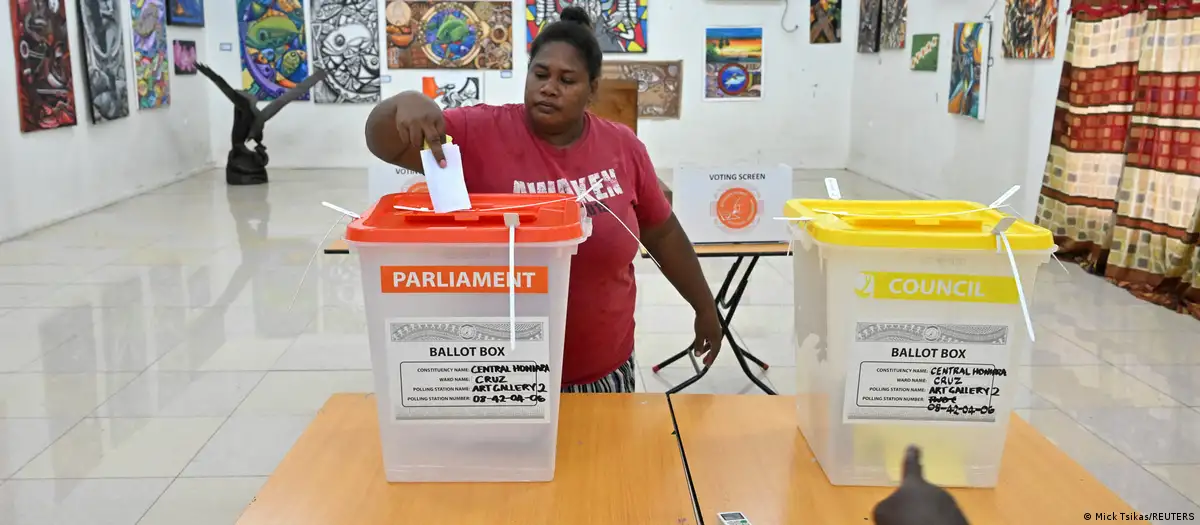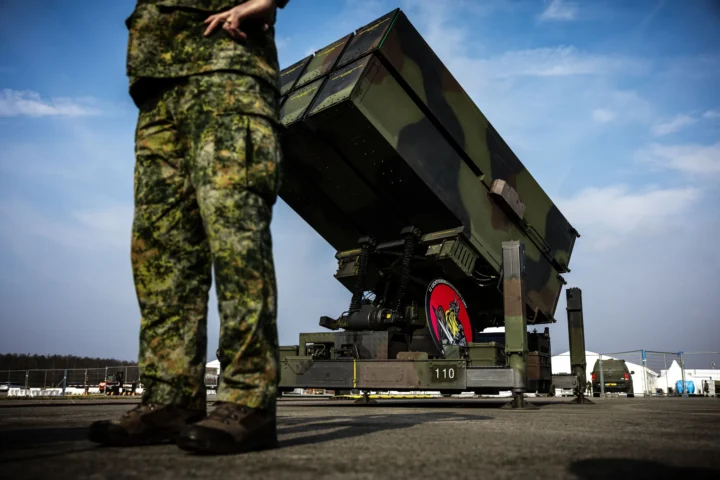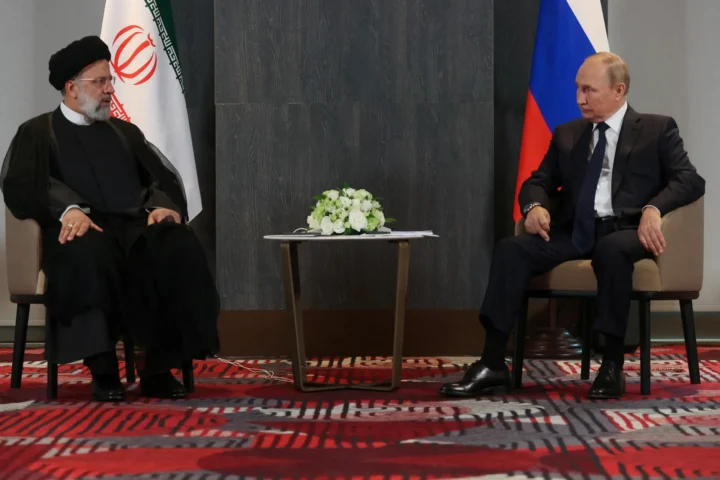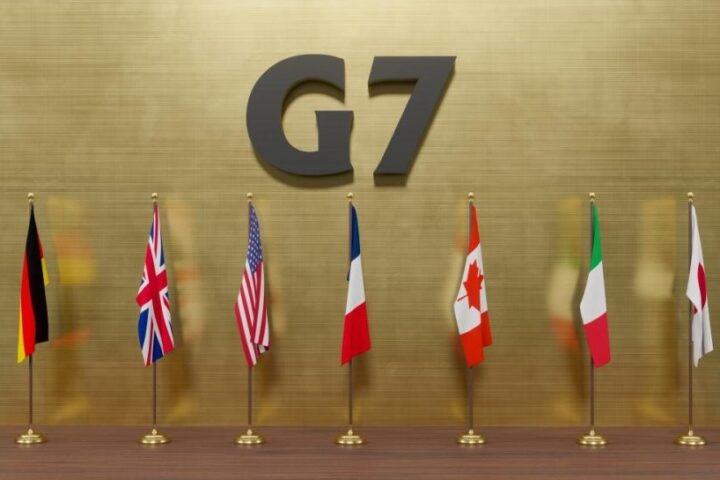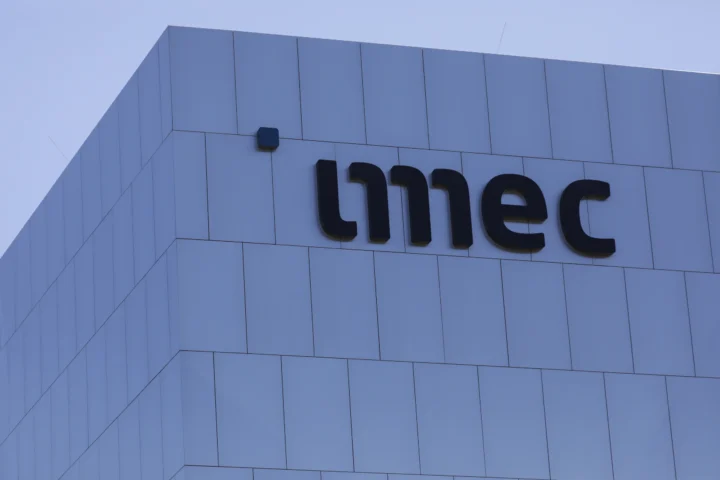The election will be the first since PM Manasseh Sogavare signed a security pact with China, which led to anti-government riots in the capital. Some opposition figures have urged the deal be terminated.
Solomon Islanders began voting on Wednesday in a crucial election that will decide China’s foothold in the Pacific region.
Polling booths opened at 7 a.m. local time on Wednesday (2000 GMT on Tuesday), with almost 420,000 registered voters to elect 50 members of the national parliament.
There are more than 1,000 polling stations scattered across the Solomons archipelago, 2,000 kilometers (1,200 miles) off Australia’s coast.
The polling process will be monitored by election observer groups from Australia, New Zealand, the Pacific, Japan, Europe and the US.
China gaining foothold in the region
“I want my country and the economy to be good and that’s why I chose my candidate,” Esther Maeluma told AP news agency outside a polling station in the capital Honiara.
While the voters of Solomon Islands will focus on issues such as healthcare, education and infrastructure, the polls will be closely watched by the United States, China and Australia as they vie for regional influence.
The incumbent government of Prime Minister Manasseh Sogavare built closer ties with China since coming to power in 2019, switching diplomatic allegiance from Taiwan to Beijing.
This election will be the first since Sogavare’s contentious security pact with China. The growing ties led to China’s gifting a $100-million (almost €94 million) sporting complex, which hosted the regional Pacific Games last year. Meanwhile, Chinese tech giant Huawei is building a national broadband network in the South Pacific nation.
Critics fear Beijing’s navy being allowed to establish a presence in the region.
Sogavare had said Australia remains his government’s preferred security partner, even as the US works to build diplomatic bridges with South Pacific island nations.

Opposition candidates wary of Beijing’s influence
Prime Minister Sogavare’s move toward Beijing resulted in anti-government riots in 2019 targeting the Chinatown district in Honiara.
Two years later, violent mobs tried to storm parliament, attacked Chinatown again and attempted to raze Sogavare’s home.
Sogavare faces opposition from candidates who are against Chinese influence in the region.
Opposition leader Matthew Wale of the Solomon Islands Democratic Party has criticized the presence of Chinese police in Solomon Islands.
Similarly, Peter Kenilorea Jr, another key opposition figure from the United Party, has called for the security agreement with China to be terminated, insisting on increased infrastructure partnerships with Western nations to diminish Beijing’s influence.
The counting of votes will begin on Thursday, although the result will not be out till more than a week.
Source: Dw
